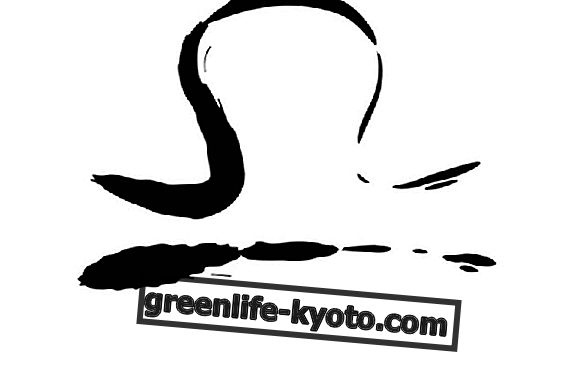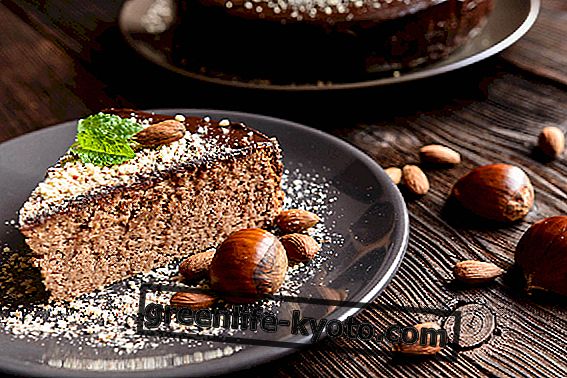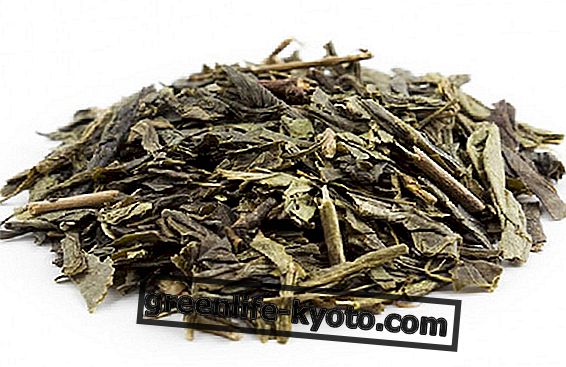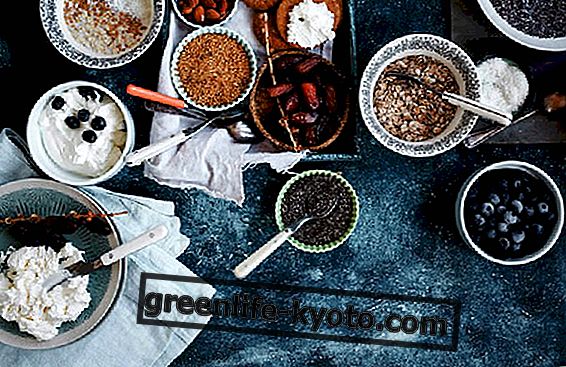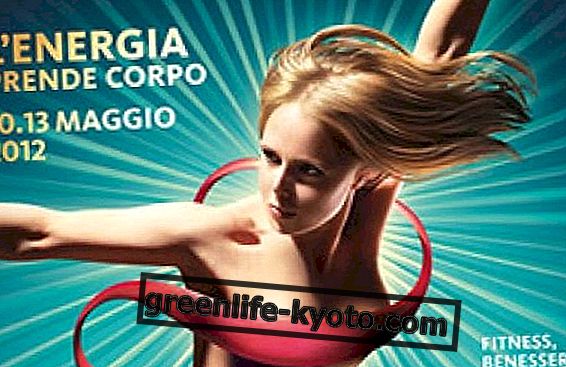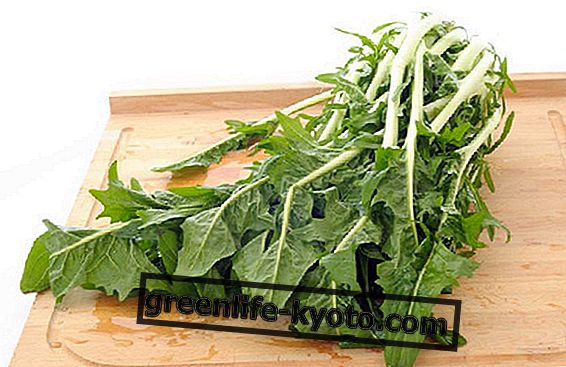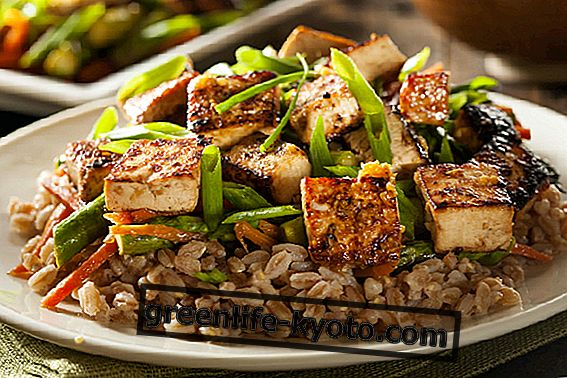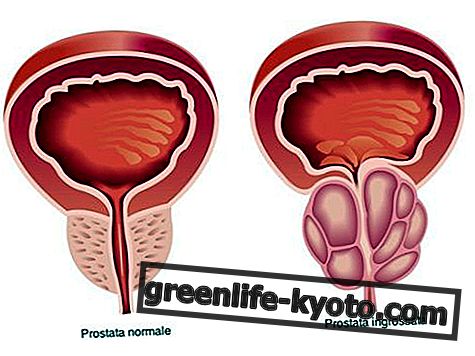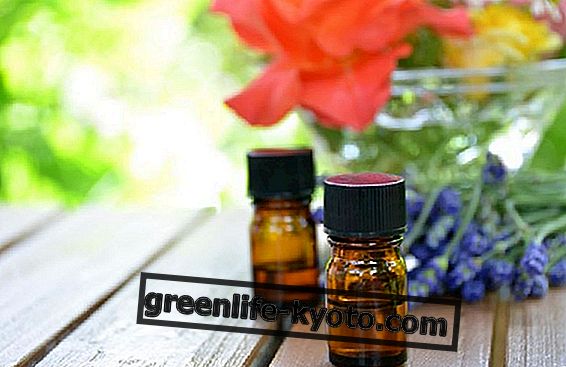
When you buy the pumpkin, for Halloween or to cook, do you also dig the inside and then throw it away? And do you buy supplements based on zinc, magnesium, Omega3?
Perhaps after this article you will have some more qualms about throwing them in the trash!
Let's see why it is worth drying the pumpkin seeds and storing them, or even buying them, ready-made and eating them on their own as a snack, or added to soups or salads or even in tasty veg recipes.
Pumpkin seeds have a good taste, multiple health properties and they munch willingly. Be careful not to overdo it, as they provide a lot of calories.
Pumpkin seeds: how many calories?
In the seed, in all the seeds, due to their natural composition, there are the substances that are needed for the seedling to germinate and start growing.
We can consider the seeds almost like "vegetable eggs"! The consequence, unfortunately, is, like eggs, a high fat content .
The seeds are concentrated foods, they contain very little water : water, in fact, will only serve at the time of germination, when the seed is placed in the soil, to begin the growth of the seedling.
Pumpkin seeds are certainly no exception, with about 50% fat (good yes, but very energetic), which make the calorie intake soar up to about 560 calories per 100 grams of pumpkin seeds .
We can use them to produce energy bars at home, "restorative " mixes to be used as snacks to enrich salads and vegetable soups, to create hearty muesli to add to milk or yogurt to start the day, or simply toast in the pan or baked.
If, like us, you have a bad relationship with the balance, pay close attention to the doses.
Did you know that pumpkin seeds are a help against prostate disorders?
The thousand virtues of pumpkin seeds
In our daily diet we are little used to using seeds: perhaps because we know them too little. The seeds are often neglected, rarely inserted between healthy foods, and this is a pity, because they are rich in minerals, proteins, "good" vegetable fats.
In particular those of pumpkin seeds, whose composition is as follows:
- 50% vegetable fats such as oleic and linoleic acid, of good quality (relatives of Omega3, so to speak);
- 24% carbohydrates;
- 18% protein (excellent Vegan protein source);
- Minerals: magnesium (excellent ally against stress), zinc (protector of the prostate and urinary tract, helps clean the skin), selenium, phosphorus, vitamin E.
They are also rich in substances with a vermifuge action against intestinal parasites and we can consider them real natural supplements, with low costs, which is not bad in this period.
Within a balanced and varied diet, we recommend about 10 grams per day of pumpkin seeds (about 60 calories), corresponding to 1 or 2 tablespoons.

